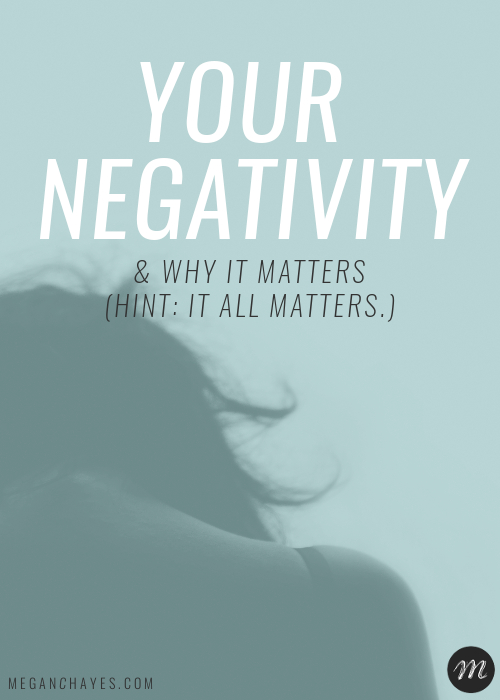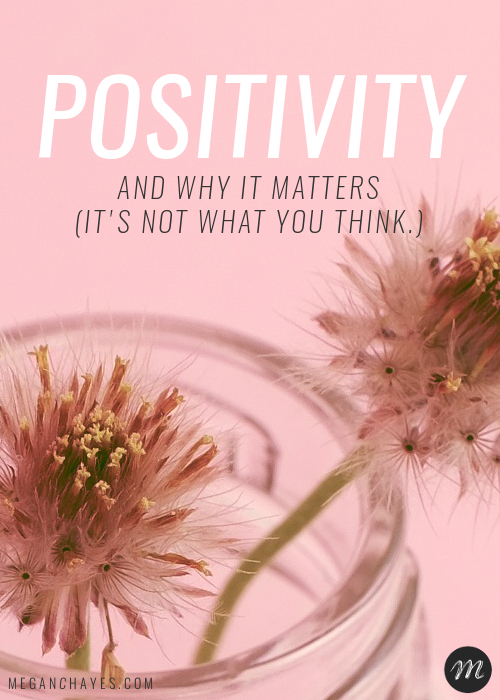
I’ve suffered my fair share of angst.
When I was thirteen I wrote, “I hate everything” on my bedroom wall, in pencil. Yes, pencil. I was so apathetic, even my acts of delinquency were half-hearted.
There was a time when I truly, genuinely, truthfully thought that nothing good would ever happen to me.
Over time, my mind has changed substantially (the other day I actually said to a friend, in all seriousness, “enthusiasm is my religion.” It’s a wonder I have any friends.)
Over time, I began to expect that good things might actually happen. I began to act like good things might happen. And – lo and behold! – they did.
No, I’m not an advocate of The Secret (sorry, Rhonda.) I was merely cultivating optimism; wild optimism. Unrestrained enthusiasm. Wanton chance-taking. Disproportionate dedication.
I began to commit to possibility.
Of course, these good things weren’t always easy, or obvious, or how I expected them to be, but they were very definitely happening. I was just going for it, and in just going for it, I gave things – great things – the opportunity to occur.
Little by little, I began to think that wild optimism was the best chance I had at a life I enjoyed, that was purposeful, & that had meaning; wild optimism was the only way of cajoling myself into going for what I wanted, and of promising myself I’d be okay when things didn’t work out.
What is wild optimism?
Wild optimism is letting yourself believe in all those things you secretly want; and the things you don’t dare want because they’re simply too whimsical to admit to. It’s throwing your hat in the ring. Taking a punt. Placing your bets (and all those other clichés.)
It means you have to participate.
Martin Luther King did not become a trailblazer in the African-American Civil Rights Movement because he thought, what’s the point? Marie Curie didn’t become the first woman to win a Nobel prize because she said to herself, don’t get too big for your boots now, Marie. Mahatma Gandhi didn’t lead India to independence by thinking, meh. No. They took positive action; they were wild optimists. And optimism is empowerment. They came, they conquered.
Reality Check?
Wild optimism is not expecting that nothing bad will ever happen (contrary to a popularly held belief, ‘optimist’ is not a synonym of ‘stupid.’) It is not about devaluing the negative. We all know Marie Curie could have done with a healthy dose of caution. Yet, wild optimism is realising that, by the law of averages alone, eventually you’ll catch a break, and that expecting the best is just as valid as expecting the worst, neither is a more accurate version of “reality.”
We think of a “reality check” as a dose of cynicism; sometimes it can be a dose of wild optimism. [Tweet it!]
Of course, wild optimism is not a magic wand; the difficult stuff still happens. It continues to for me, and I imagine it will do for you, too. Yet, short of pencilling hate memos on our walls, it might be the best chance any of us have got.
You don’t get anything if you don’t participate, but there’s a chance – even if it’s a teeny tiny one – that you’ll get everything if you do.

